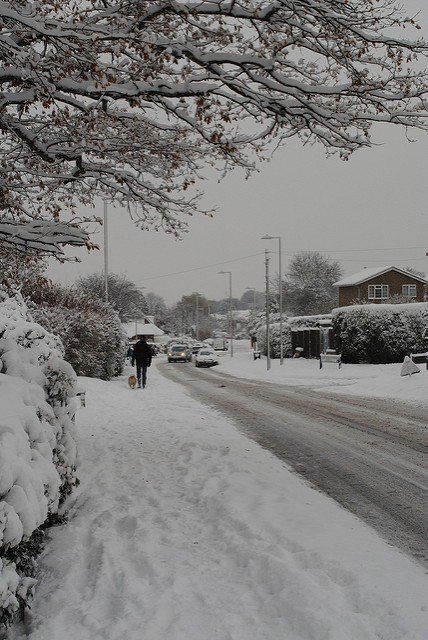Guardian News
Helpful advice & information
4 Questions To Ask About Insurance Coverage
Insurance coverage is essential for many different areas of life. Businesses need solid commercial insurance to protect their hard fought assets, reputation and marketshare. No less important is an individual or family that needs to protect what's important to them.
To help you get started, here are the top 4 questions to ask your agent that can help you better understand your insurance coverage.
1.) What does general liability cover?
Your general liability coverage protects you from the most significant threat to your assets and livelihood - don't take this coverage for granted. If you injure someone in an accident and they sue for millions, your liabilty coverage is what will pay the bill, if you're adequately covered.
2.) How much in liability coverage do I need?
Take the time to understand what your coverage should be. Typically, the more you have in assets or future earning potential, the higher your liability coverage should be. Teen drivers and higher risk companies should also make sure they beef up coverage since they are more likely to use it.
3.) What is my insurance company's reputation for paying out on claims?
Here is where your insurance company proves whether they deserve the thousands you'll pay them over your lifetime. Make sure that you are paying a team that will work hard to make things right should you be involved in a liability suit or accident.
4.) How can I keep my insurance cost low?
Insurance can be expensive. Talk to your agent to understand if there are simple ways you can lower your cost. Raising deductibles or taking advantage of insurance discounts can really help. Some companies like Progressive Insurance, The Hartford and SafeCo insurance are now offering usage based rating that discounts your policy based on your safe driving habits.
If you're looking at a business insurance policy, ask about rate modifications or credits for your great claims history.
Your agent should be your greatest asset. Make sure to take the time to ask these 4 important questions the next time you're talking to your independent insurance agent. You'll be glad you did.






